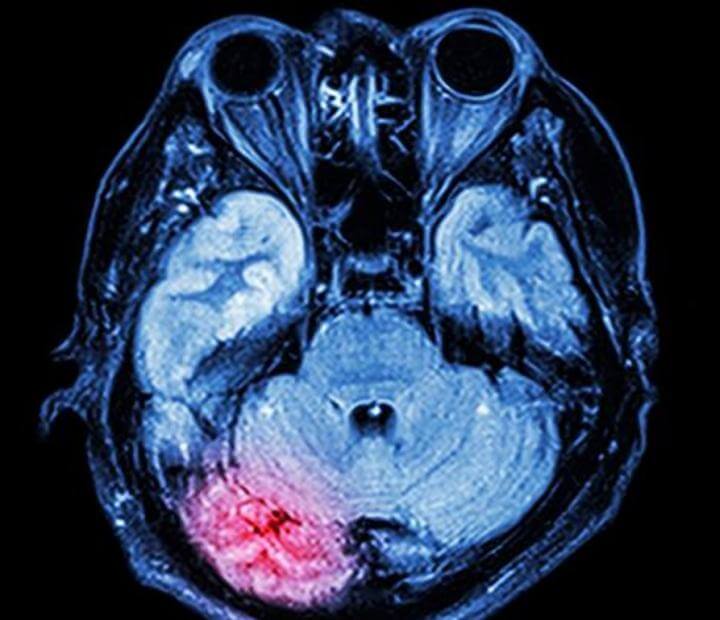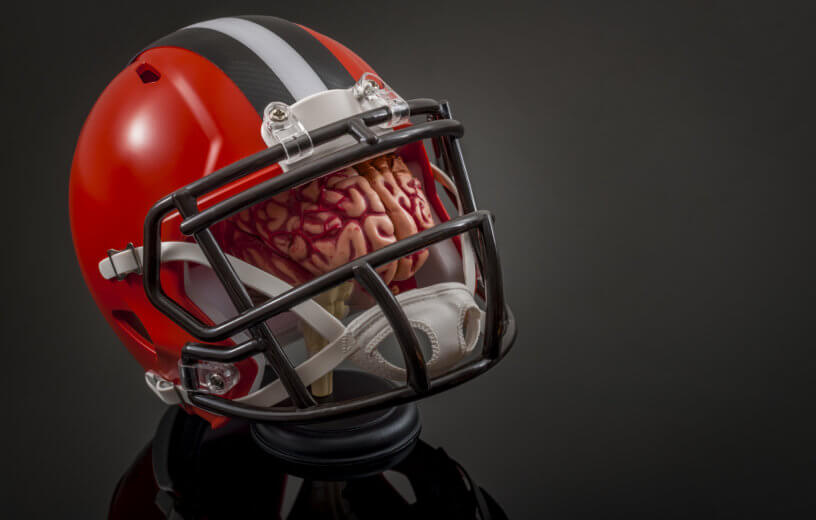MINNEAPOLIS — The NFL is back, but with a new season also comes the risk of players suffering concussions. With that in mind, a new study indicates that suffering a concussion can accelerate cognitive decline and even increase the risk of dementia later in life.
Although playing contact sports is a common way for people to sustain a head injury, concussions can occur during all sorts of situations — including military service. Researchers from Duke University focused on World War II twins for their study, revealing that individuals who experienced a concussion earlier in life scored lower on cognitive and memory tests decades later. Moreover, their scores declined more rapidly compared to twins who never experienced a concussion or traumatic brain injury (TBI).
The research team analyzed 8,662 male World War II veterans who initially took cognitive skills tests at an average age of 67 and were retested up to three more times over a 12-year period. Test scores could range from zero to 50, with the average starting score for all participants being 32.5 points. One-fourth of the participants had experienced a concussion, and these individuals were more likely to have lower test scores by age 70. This was especially true for those who had lost consciousness due to the concussion or were older than 24 at the time of the injury.
“These findings indicate that even people with traumatic brain injuries in earlier life who appear to have fully recovered from them may still be at increased risk of cognitive problems and dementia later in life,” says study author Dr. Marianne Chanti-Ketterl, Ph.D. in a media release. “Among identical twins, who share the same genes and many of the same exposures early in life, we found that the twin who had a concussion had lower test scores and faster decline than their twin who had never had a concussion.”

Twins who had traumatic brain injuries involving loss of consciousness, multiple TBIs, or injuries occurring after the age of 24, exhibited more rapid cognitive decline compared to those with no history of TBI. For example, a twin who suffered a TBI after the age of 24 scored 0.59 points lower at age 70 than his twin without a TBI, and his cognitive skills declined faster by 0.05 points per year. These results accounted for other factors that could influence cognitive skills, such as high blood pressure, alcohol use, smoking status, and education level.
“Although these effect sizes are modest, the contribution of TBI on late-life cognition, in addition to numerous other factors with a detrimental effect on cognition, may be enough to trigger an evaluation for cognitive impairment,” adds Dr. Chanti-Ketterl.
“With the trend we are seeing with increased emergency room visits due to sports or recreation activity injuries, combined with the estimated half-million members of the military who suffered a TBI between 2000 and 2020, the potential long-term impact of TBI cannot be overlooked. These results may help us identify people who may benefit from early interventions that may slow cognitive decline or potentially delay or prevent dementia.”
One limitation of the study was that the traumatic brain injuries were self-reported, meaning not all injuries may have been accurately remembered or reported.
The research is published in the journal Neurology.
You might also be interested in:
- Turf or grass? Study warns that synthetic sports fields increase concussion risk
- Head injuries could quadruple the risk of developing cancerous brain tumors
- Nearly half of concussion patients still have brain injury symptoms 6 months later
South West News Service writer Jim Leffman contributed to this report.

